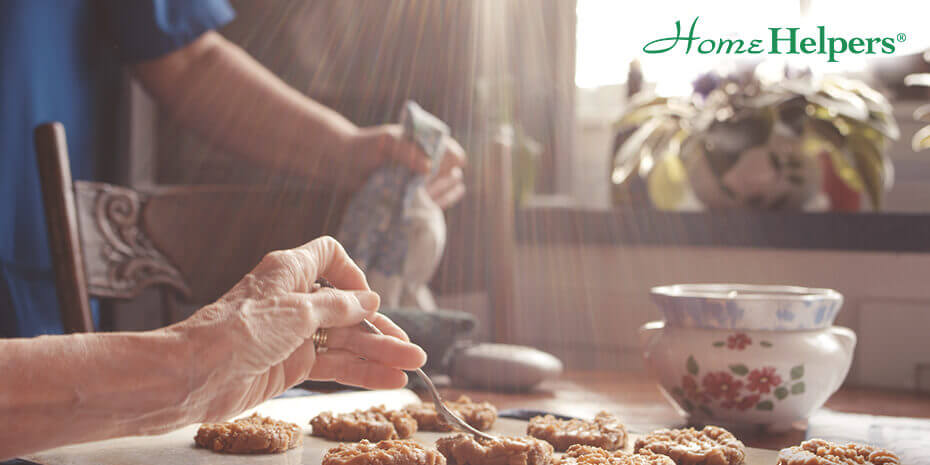
How to Protect Yourself from Coronavirus
Of people who are at risk, seniors and people who have severe chronic medical conditions like heart, lung or kidney disease are at the highest level of vulnerability to the virus. This higher risk is mainly due to compromised immune systems, underlying health conditions, and weakened physical states due to aging.
What is Coronavirus?
The official name for the virus designated by the World Health Organization is coronavirus disease 2019, or COVID-19 for short. It is a new disease that has not previously been seen in humans. The first infections were linked to a live animal market, but the virus is now spreading from person-to-person. Due to the high contraction rate, the disease has spread rapidly around the world and has reached pandemic status. This has caused a high volume of media coverage and panicked concern for many individuals, but it is important to understand that there are ways to prevent the contraction of COVID-19.
How to Decrease the Risk for Coronavirus
Despite the high risk for seniors, there are precautions that can be taken to prevent or reduce the risk of infection. The first step is to know the symptoms so that if a person is infected, they can be quarantined and treated so that they will not spread the disease to others.
Symptoms of COVID-19 include:
- Shortness of breath
- Fever
- Cough
In-home caregivers might be the first line of defense for the seniors in their care. If any symptoms are noticed, a doctor should be seen immediately. Caregivers can take extra precautions to prevent contracting the disease themselves. The following everyday precautions are best practices both for in-home caregivers and seniors.
- Wash hands often with soap and water for at least 20 seconds.
- If soap and water are not available, a hand sanitizer that contains at least alcohol can be used.
- Avoid touching surfaces in public places, such as elevator buttons and door handles.
- Avoid touching your face, eyes, nose, and mouth.
- Wash your hands after being out in public.
- Avoid crowded spaces, especially ones with poor ventilation.
- Opt for staying at home and doing indoor activities.
- Eat immune-boosting foods, such as ginger, garlic, and leafy greens.
- Reduce stress as much as possible in order to maintain optimal health.
- Wear a mask if you are taking care of a person who has COVID-19
- Wear a mask if you are coughing or sneezing.
How Caregivers Help Prevent COVID-19
In-home caregivers have experience working with people who have health conditions, including seniors who have infectious illnesses. Caregivers understand important tasks for illness prevention and recovery such as medication administration, meal preparation, personal hygiene, and stress reduction. They can help seniors be extra diligent with hand washing and can provide indoor activities so that seniors can avoid going out of the home and being at risk in the event of a community outbreak. Caregivers can also help seniors stock up on supplies, arrange medical appointments, and keep an eye on any suspicious symptoms or changes in health.
Caregivers can also help seniors remember not to panic. A pandemic may seem scary, but with the right help and assistance, seniors can decrease their risk for COVID-19.
If you or a loved one is in need of in-home care services, please contact us.
Home Helpers of Barrington is a locally-owned, trusted home health care agency and offers quality, compassionate senior in-home care services including 24-hour care, live-in care, home care assistance, personal care, companion care, respite care, Alzheimer's & dementia care, Parkinson's care as well as homemaker services in Barrington, Lake Bluff, Libertyville, Lincolnshire, Buffalo Grove, Vernon Hills, Mundelein, Wauconda, Fox River Grove, Hawthorn Woods, Palatine, Rolling Meadows, Wheeling, Inverness, Carpentersville, Kildeer, Cary, Lake Zurich, Deer Park, Prospect Heights, Grayslake, and Long Grove, Illinois.
Legal Disclaimer
This blog provides general information and discussions about medicine, health, and related subjects. The words and other content provided in this blog, and in any linked materials, are not intended and should not be construed as medical advice. If the reader or any other person has a medical concern, he or she should consult with an appropriately-licensed physician or other healthcare workers.
Never disregard professional medical advice or delay in seeking it because of something you have read on this blog or in any linked materials. If you think you may have a medical emergency, call your doctor or 911 immediately.
The views expressed on this blog and website have no relation to those of any academic, hospital, practice or other institution with which may have been mentioned or linked to in the article.

